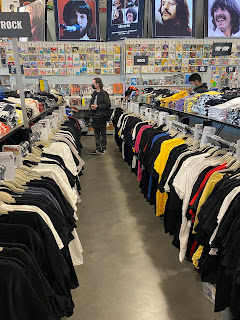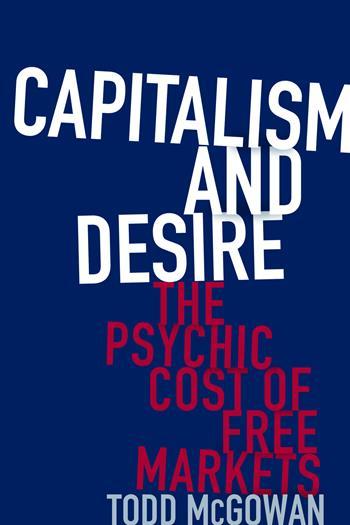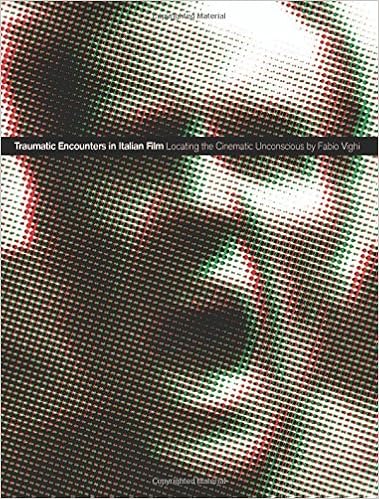Happy autumn!
Here it is. Last Stand is now available to pre-order! The paperback and hardcover will be available to purchase on November 11.
Thank you to Stuart Bache for designing another amazing cover. A huge thank you as well to Lynda at Easy Reader Editing for copyediting the book. I’m so excited to share the conclusion of the Zworsky series. With that being said, I’ve also written another story set in the Zworsky universe, which I’ll share next year.
Hitchcock Project Update
The journal did not accept the revisions I made to my article. Rejections are always tough, but they come with reviewer feedback that can really help improve the work. In fact, the pressure to address the comments got me back into the groove of academic writing.
The Hitchcock project is moving along faster than I expected. All five chapters are now written, including the introduction, and I’m currently doing a fine edit. After that, I’ll write the conclusion. I’ve even started working on a textbook proposal form, which I plan to begin submitting to publishers next year.
My new mystery and coming-of-age novel will be sent for copyediting in November. I designed the cover myself and will reveal it toward the end of the year. The release date is set for the first week of February, and I’m very excited to share this one with you.
“It lives in the rocks.” That’s the opening line of the synopsis. Stay tuned for more!
Charlie One: Run to the Future
I never thought I’d be writing another Charlie One story—but here we are! This new book started with two vivid images I couldn’t get out of my head. After sitting with them for about a year, the pieces finally clicked, and I found a way to connect them into a story.
You don’t need to have read the first book to enjoy this one, though there are a few connections for returning readers. The title is Run to the Future, and I’m aiming to have it ready by 2027.
Books Read
I’ve read a lot about Alfred Hitchcock this year as part of my research. One standout was Patrick McGilligan’s massive biography of Hitchcock, which I thoroughly enjoyed. I also immensely enjoyed Todd McGowan’s Introduction to Jacques Lacan and wrote a short review for it.
Movies
One Battle After Another really stood out for me—I loved it. It might now be one of my favorites of Paul Thomas Anderson.
You can always read what I’ve watched and read by subscribing to my Substack. Or check out my Blog.
Well, that’s it for me.
Enjoy the fall. Happy Halloween.
Keep reading. Watch movies.
Tom C.





















